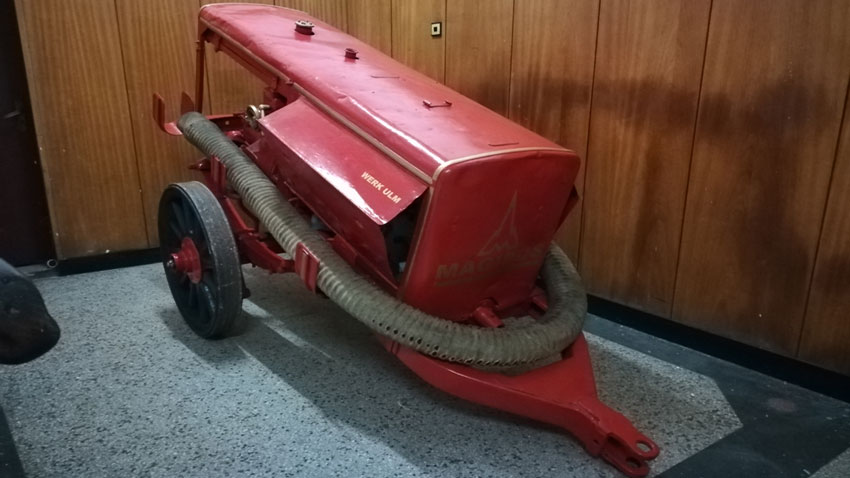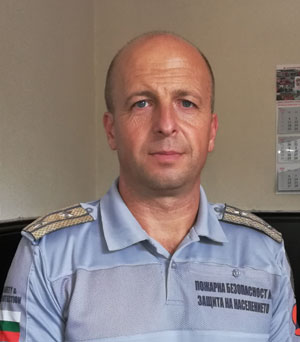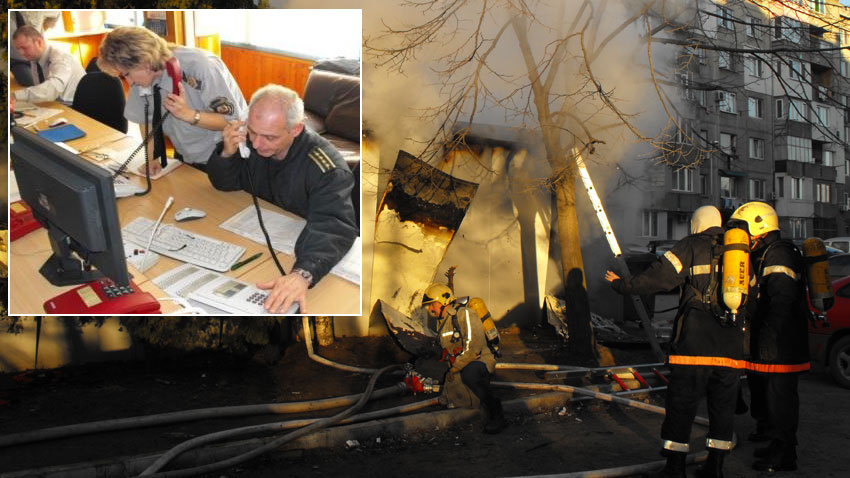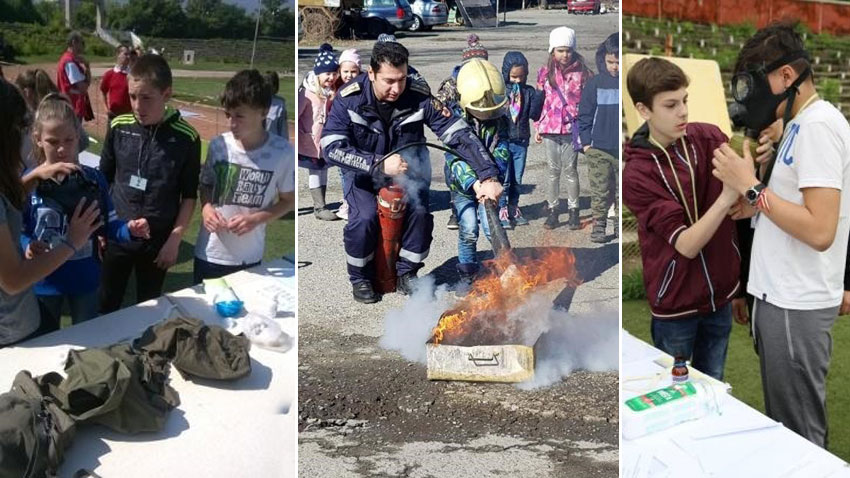A fire broke out in Sofia on 16 April, 1832, quickly spreading to stores, cafes, bakeries and several houses. People panicked and poured out into the streets but couldn’t put out the fire. On that particular day there was a water outage in Sofia due to a water pipe break and the flames looked like they would envelop the entire city. People realized a specialized service was desperately needed.

And the void was filled in 1878, when, on 14 July an organization of volunteer firefighters was set up, laying the foundation stone of the Sofia fire department. The first horse-drawn fire engines were delivered in 1884, marking the beginning of a new stage in firefighting.
Who are the people committed to protecting the life and health of the population, their property and the environment from fire, calamity, earthquake, more than one and a half million people who live, work, study or visit the capital city?
 “The Sofia fire department has a staff of approximately 1,000,” says chief inspector Nikolay Grigorov, head of “Preventive control and preventive action“ at the Sofia “Fire safety and protection of the population” directorate. “There are IT experts and analysts, engineers, financiers etc., all working to help the specialized firefighting and rescue teams. A large part of our work is done jointly with other organizations (Sofia municipality, the Bulgarian Red Cross) who pursue similar goals, we have contacts with local authorities and other emergency services. Not to forget the people from the control centre who are indispensable to all people dialing 112. They take the initial call, mobilize the standby teams and keep constantly in touch with them to coordinate any additional resources for coping with the situation.”
“The Sofia fire department has a staff of approximately 1,000,” says chief inspector Nikolay Grigorov, head of “Preventive control and preventive action“ at the Sofia “Fire safety and protection of the population” directorate. “There are IT experts and analysts, engineers, financiers etc., all working to help the specialized firefighting and rescue teams. A large part of our work is done jointly with other organizations (Sofia municipality, the Bulgarian Red Cross) who pursue similar goals, we have contacts with local authorities and other emergency services. Not to forget the people from the control centre who are indispensable to all people dialing 112. They take the initial call, mobilize the standby teams and keep constantly in touch with them to coordinate any additional resources for coping with the situation.”

Prevention is another task that is vital. An important target group are children because they are most vulnerable, but also because it is at that age that individual civic culture is formed. And that is something that will guarantee that the entire population is better prepared for emergencies in the long term. Programmes have been developed especially for children and they include evacuation and rescue drills in the event of earthquake, fire, flooding or radiation. Open door days at fire departments are one more way to get children interested.

“We apply innovative forms of instruction like sports games, quizzes, competitions to try and spark an interest among children so they can discover for themselves what the right thing to do is. And they are coping really well, because unlike us, adults, they have an instinct of what to do in a given situation. But if they are not instructed, if they are not shown what should be done, then in certain situations they would make a wrong decision, so it is imperative that they find out at a very early age how to react, what do, that they be constantly reminded that they must not panic, because even well-trained people in a panic would inevitably make mistakes and imperil themselves and people around, risking lives by their erroneous action and conduct. Natural calamities, fire, emergencies are things that will continue to happen – that is life’s logic. We have to be ready to respond to be able to protect people in such a contingency.”
English version: Milena Daynova
Photos: Sofia fire department, stara-sofia.com and Desislava Semkovska"Every day, we should think about peace and the messages that politicians send,” journalist Tsvetana Paskaleva, who has been living in Armenia for 30 years, says. "The situation around us and in neighbouring countries is unstable and..
Conservationists from Bulgaria Bird Walks are organising a birdwatching walk in Varna today to observe water fowl and forest birds. Two walks are planned in the Sea Garden at 9.00 and 13.00. There will be similar outings every month in the city, said..
The greater flamingo was considered an exotic species for Bulgaria, but for several years, entire colonies have chosen the lakes around Burgas as their residence. Currently, more than 450 flamingos inhabit the Burgas wetlands ...
Romania becomes the largest natural gas producer in the EU Romania was the largest natural gas producer in the EU in 2024..

+359 2 9336 661
